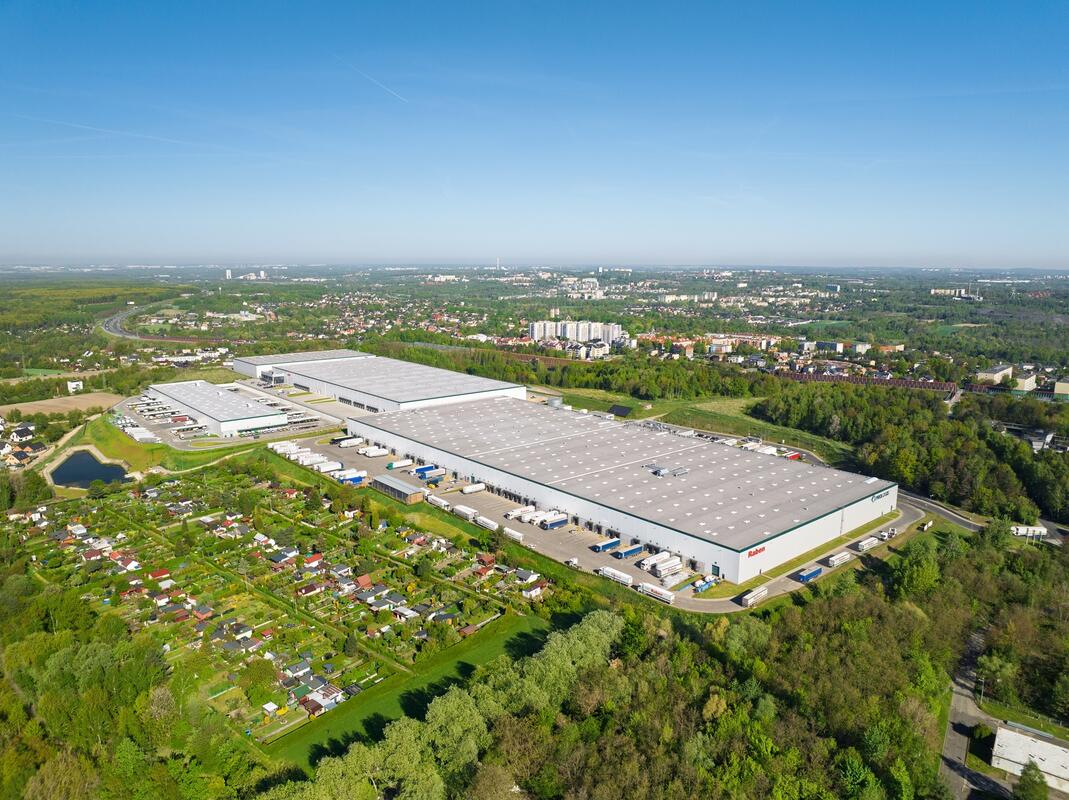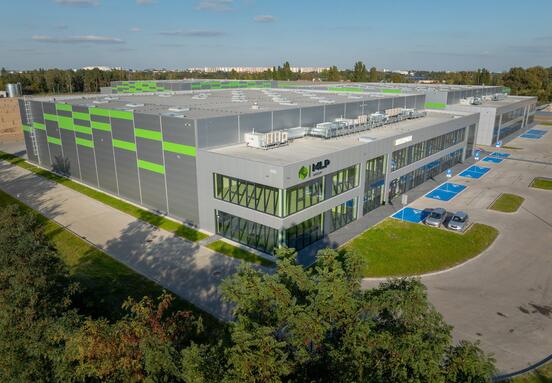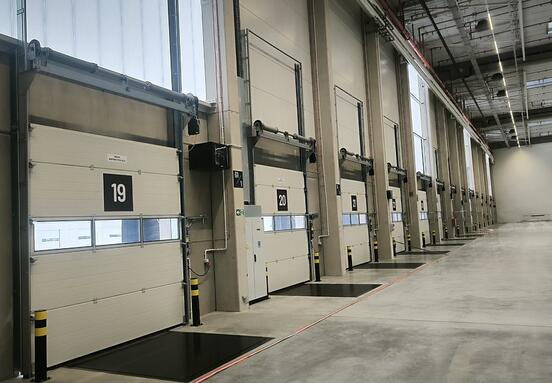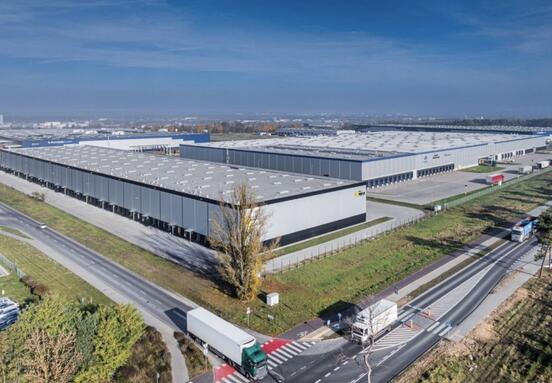Sustainability: No Longer Optional for Business Success
The landscape of business is rapidly evolving, with sustainability moving from a niche concern to a core expectation. Companies aiming for growth and a competitive edge must integrate sustainable practices into their operations. This shift is driven by key stakeholders: the public sector, investors, and individual consumers.
The Public Sector is Going Green
Governments worldwide are leveraging their significant purchasing power to encourage sustainability. The global public sector spends approximately $11 trillion annually, and emissions linked to these purchases account for about 15% of total global emissions. In the EU, initiatives are pushing for the inclusion of carbon footprint and other sustainability factors into public tender criteria. This means businesses hoping to secure public contracts must demonstrate a commitment to environmental responsibility, making sustainable operations a prerequisite for accessing this massive market.
Consumers Demand Sustainable Choices
Individual customers are also voting with their wallets. Nearly half of Polish consumers (47%), and a similar percentage globally, consciously choose companies that actively work to counter climate change. This growing consumer awareness means that ignoring sustainability can lead to lost market share and damage brand reputation. Conversely, businesses that prioritize environmental action can build stronger customer loyalty and attract new segments of the market.
Investors See Sustainability as Risk Reduction
Institutional investors are increasingly factoring ESG (Environmental, Social, and Governance) criteria into their investment decisions. A significant majority – 78% – believe that considering ESG factors helps reduce extreme risks in an investment. For businesses seeking funding or aiming to attract investment, a strong sustainability performance is becoming a key indicator of long-term viability and responsible management. Investing in sustainability is seen as an investment in the company's future development.
Sustainability as a Competitive Advantage
Beyond external pressures, many businesses recognize the intrinsic value of sustainability. As many as 85% of managers in global companies view sustainability as an opportunity to increase competitive advantage. New EU regulations on ESG reporting are also formalizing the need for transparency and accountability in this area.
Choosing Sustainable Business Premises
For businesses looking to reduce their environmental impact, particularly in logistics and operations, the choice of physical premises is crucial. Opting for facilities designed with the highest standards of energy efficiency, often confirmed by relevant certifications like BREEAM (e.g., achieving at least an Excellent rating), is a tangible step towards sustainability. Companies renting warehouse or office space are increasingly asking about available sustainable solutions.
Leading property providers offer platforms that support clients in implementing sustainable practices within their leased space. This can include everything from simple racking systems optimized for efficiency to renewable energy installations, solutions for electric vehicles, and smart energy management systems.
Conclusion
Meeting the expectations of the public sector, investors, and consumers regarding sustainability is no longer optional – it is a strategic imperative. By embracing sustainable practices, including making conscious choices about their physical business locations, companies can not only comply with regulations but also unlock new opportunities for growth, enhance their competitive position, mitigate risks, and build stronger relationships with their stakeholders.
Source: prologisce.eu










